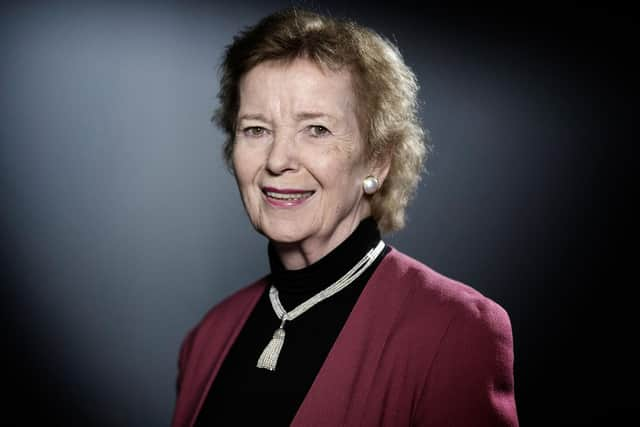We need to be transparent about sustainability - David Caskie


In a podcast for Accenture’s Sustainability Services practice, May talks about how she would convince businesses to get involved with her fledgling company when circular concepts were so new. The decisive factors would be the commercial benefits of reducing waste costs, the speed at which the marketplace she had created operated, avoiding the need for any storage and the impact on a business’s environmental, social and governance (ESG) goals.
Sustainability has become a priority for business leaders globally, and our research has shown that companies that take a lead on ESG issues have been shown to also outperform financially, generating up to 2.6 times more value for shareholders than their peers. Yet, we have also found that business leaders rate the sustainability performance of their organisations higher than their stakeholders – particularly consumers – exposing a lack of trust and heightened belief in ‘greenwashing’.
Advertisement
Hide AdAdvertisement
Hide AdThese are important points to keep in mind as the anniversary of COP26 in Glasgow approaches, forcing everyone to review their commitment and progress towards net zero targets – particularly in light of new economic pressures weighing on business performance, including rising energy prices and inflation.


This is where ESG metrics are so important and where technologies such as AI can help. Our sustainable tech research found that out of the 61 per cent of companies that increased transparency in the measurement and disclosure of their carbon footprint, 75 per cent did so using AI. However, while progress is being made, there’s clear room for improvement in the ESG metrics themselves. Nearly half of the companies in another recent Accenture study say they have neither defined the ESG KPIs they need nor identified the right data source(s) to measure them.
Defining ESG KPIs and reporting them effectively first requires companies to understand what matters to their stakeholders and customers. Then they must draw on data from trusted sources to gain insights in order to set the right ESG initiatives. May Al-Karooni is able to provide her customers with the data showing carbon reductions, and she is able to provide the real stories that illustrate the tangible social impact of reusing a table or even a filing cabinet for, for instance, underfunded schools or charities.
The next step is for ESG measurement to provide granular insights that can drive action. With a major online retailer, we were able to design a cloud-based, AI-enabled sustainability platform, that would auto-collect data and measure ESG performance across the value chain. The tool also provides recommendations on operation optimisation to improve ESG scores.
Sustainability is now a part of everyday business language. The more we talk about it, the more it becomes embedded in business models and tangible through enterprise and product innovation.
Recognition that businesses have a major role to play in tackling climate change is now also embedded in the need to report sustainability data on parity with financial performance. Many have committed to net-zero targets, and to do the right thing and build trust we also need to be accountable. Harnessing digital technology and AI can enhance and expedite sustainability goals and increase transparency.
In another of Accenture’s sustainability podcasts, Mary Robinson, Ireland’s first female President, a former UN High Commissioner for Human Rights, and a passionate advocate for climate justice talks about focusing on the possibilities of a greener economy and not the perceived burdens. She believes that companies have the imagination, the innovation and the people to quickly green our economies and capture new growth opportunities.
One year on from COP26, perhaps this is what we should take forward.
David Caskie, Accenture in Scotland
Comments
Want to join the conversation? Please or to comment on this article.